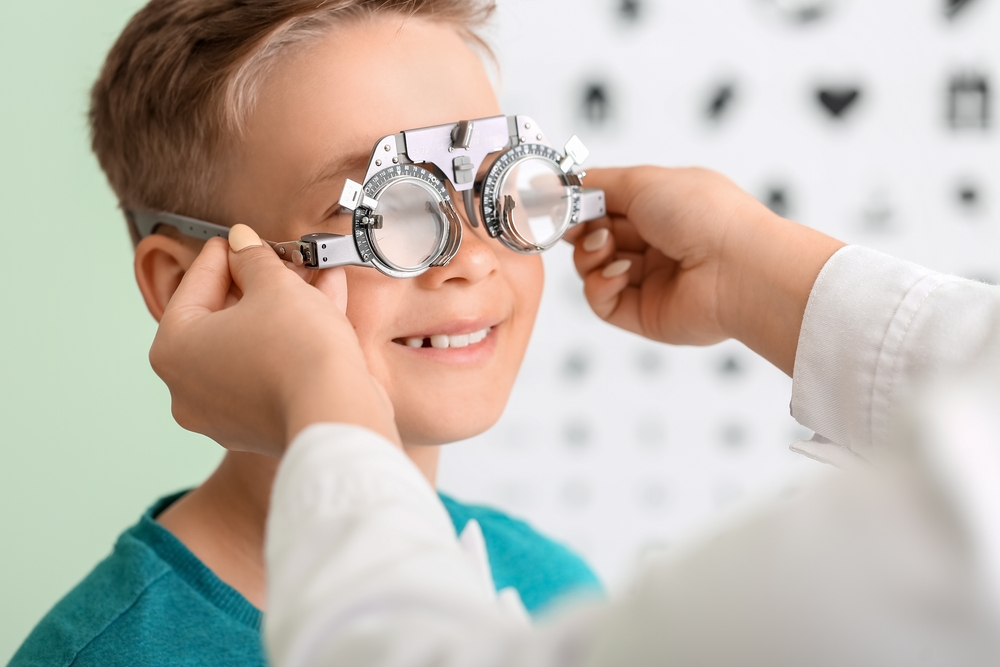
Regular eye exams are vital for children. They can help detect vision problems and eye diseases. They can uncover eye issues that can affect the child's life. Eye exams are crucial for preserving good vision. Children's eyes and vision change between the ages of six to 18. Monitoring the changes can help prevent permanent eye problems.
Importance of Good Vision
Experts suggest that up to 80% of education information goes through the eyes. The information is visually relayed from words written on the classroom board to reading and writing assignments. It means a child with poor vision will usually perform poorly in school.
Unfortunately, some are diagnosed with learning or reading disabilities when the issue is poor vision. The child may also experience problems in sports. It is difficult to hit a ball if you cannot see it coming. Regular eye exams can assess the child's vision and eye health.
Why Pediatric Eye Exams Are Essential
The American Optometric Association recommends annual eye exams for children. Detection of eye problems allows doctors to come up with effective treatments. If uncorrected, vision problems can lead to various issues, including:
Impaired child development
Risk of permanent vision loss
Problems with learning
Behavioral and social problems
Attention problems
Pediatricians conduct eye exams, but they are not adequate. It takes a pediatric optometrist or ophthalmologist to detect or diagnose eye diseases. Early diagnosis is essential for treatment.
Age and Pediatric Eye Exams
The specifics of pediatric eye exams will often depend on factors such as the child's age. However, the exams involve physical examination of the eyes and ocular muscles. The tests check how the cornea reflects light and test how the eyes track movements.
Eye doctors usually screen for problems such as visual acuity, amblyopia, and strabismus. For older children, the doctors examine the back of the eye to check retinal health. If the test results detect problems, doctors diagnose the condition and suggest treatments.
Signs Your Child Needs an Eye Exam
Your child may be experiencing vision problems if they exhibit certain behaviors. Signs that your child needs an eye exam include:
Covering one eye when looking at objects
Frequent squinting
Constant eye rubbing or excessive tearing
Holding reading material close to the face
Having a short attention span
Frequent complaints of headaches
Schedule an eye exam if your child has recently failed a school vision screening. Children with developmental delays, a family history of eye issues, or certain medical conditions have an increased risk of vision problems.
What to Expect During Pediatric Eye Exams
Pediatric eye exams often take an hour or longer. It is a good idea to schedule your child's exam after nap and meal times. An exam will include various tests that check vision and overall eye health. They help with issues such as eye focusing, eye tracking, and eye coordination. If your child has vision issues, the doctor may recommend eyeglasses.
Allowing your child to pick their favorite frames will encourage them to wear the eyeglasses regularly. Taking care of your child's eye health is vital. Young children may not know they have vision problems. An eye professional can help assess the child's needs.
For more on why pediatric eye exams are important for children's eye health, visit Memorial Vision at our Houston, Texas, office. Call (281) 496-1635 to schedule an appointment today.









